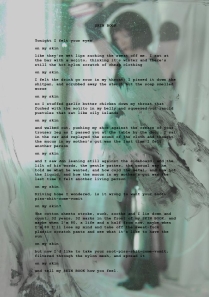Quick links, bringing you great articles on writing from all over the web.
Are you guilty of any of these five mistakes brought to us by on the BooksGoSocial site? Number 5 is mine, I definitely need to work on that one. I would add one. Daily, I see authors not spending enough time on covers and good book descriptions. You spent so much time writing your story, it hurts to see people not spending the same time and effort on the items that will get them readers! Got any tips to help the rest of us? Or is there a pet peeve you see other self publishing authors do? Let us know!
~ * ~
5 Horrible Mistakes Self Published Authors Make in 2016
 Self publishing is a golden opportunity. For the first time in history authors can reach readers without going through the traditional publishing system. Ebook sales growth over the next few years will provide real opportunities for writers who get it right. One analyst is predicting 93% ebook sales growth between now and 2020.
Self publishing is a golden opportunity. For the first time in history authors can reach readers without going through the traditional publishing system. Ebook sales growth over the next few years will provide real opportunities for writers who get it right. One analyst is predicting 93% ebook sales growth between now and 2020.
~ * ~
If you liked this article, please share. If you have suggestions for further articles, articles you would like to submit, or just general comments, please contact me at paula@publetariat.com or leave a message below.

